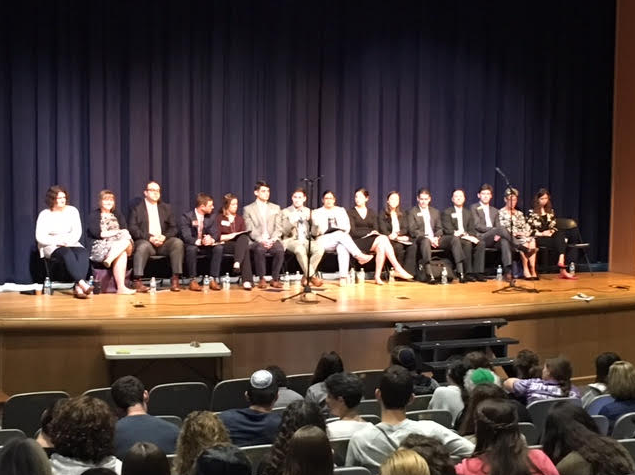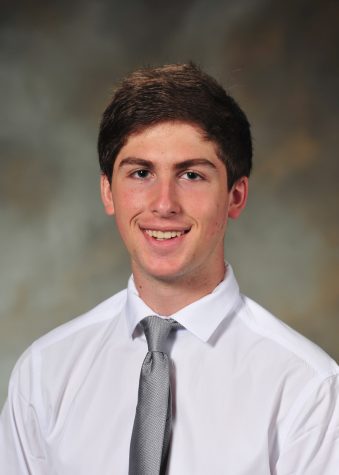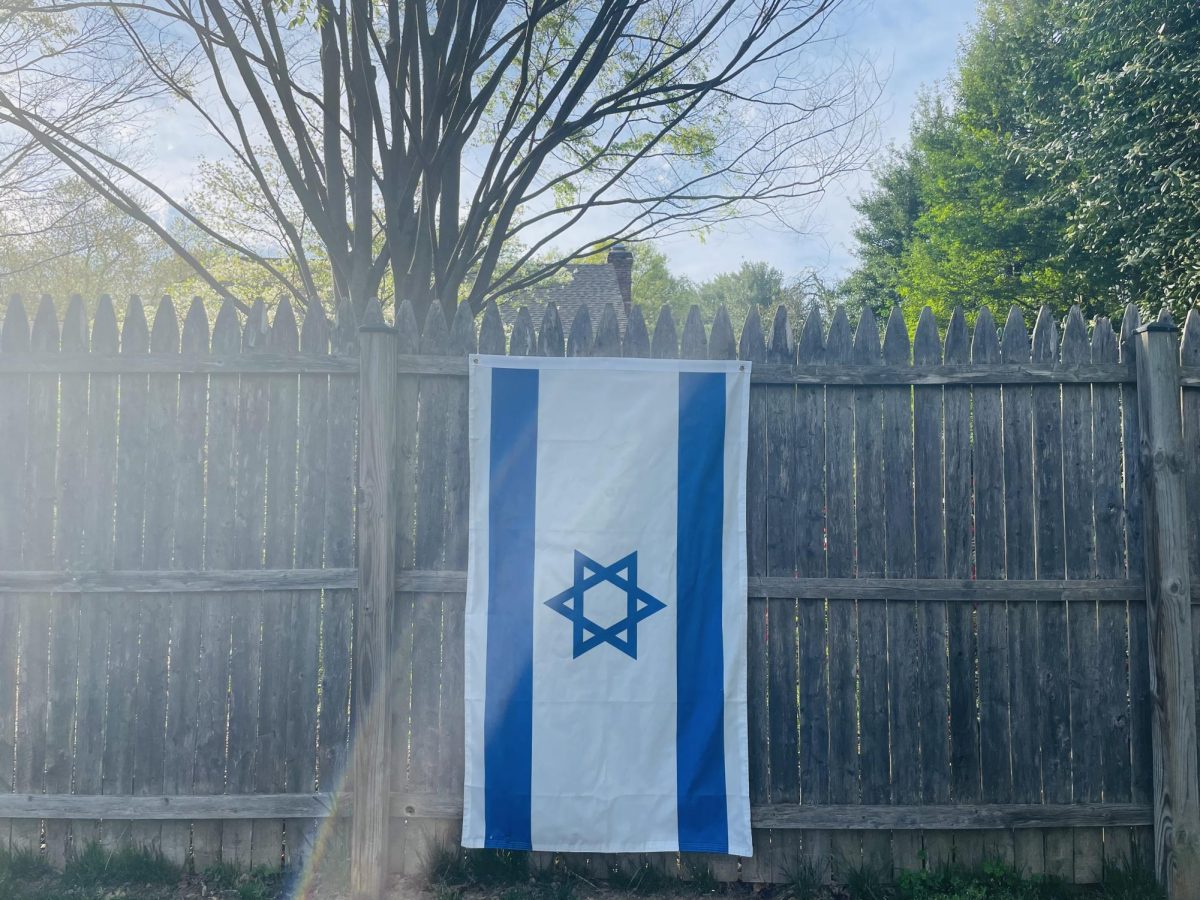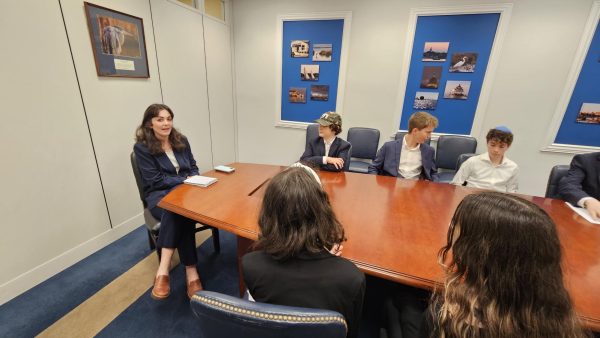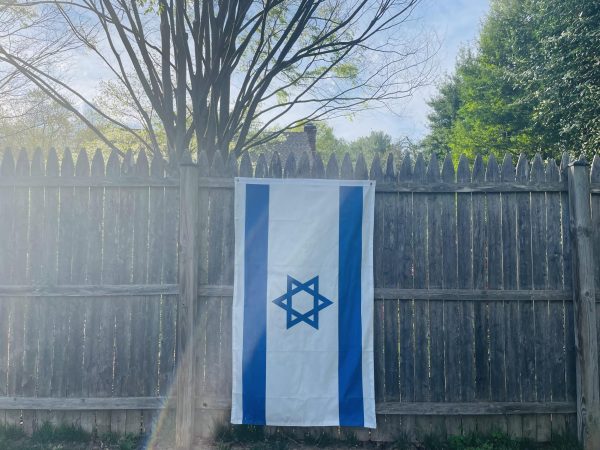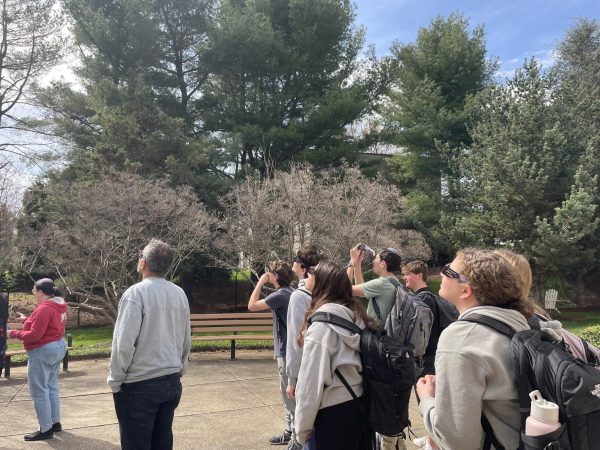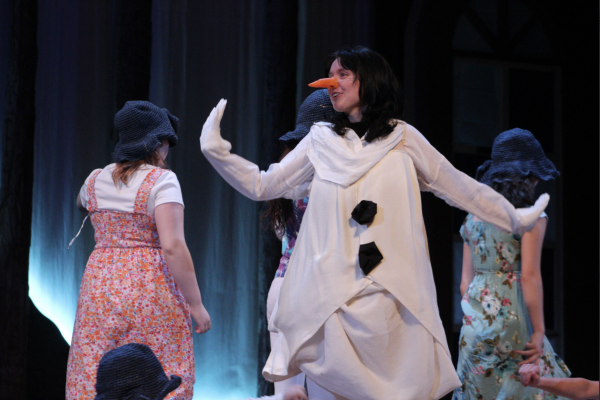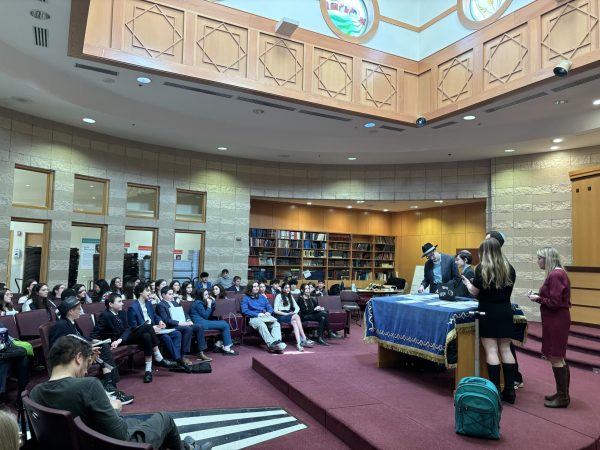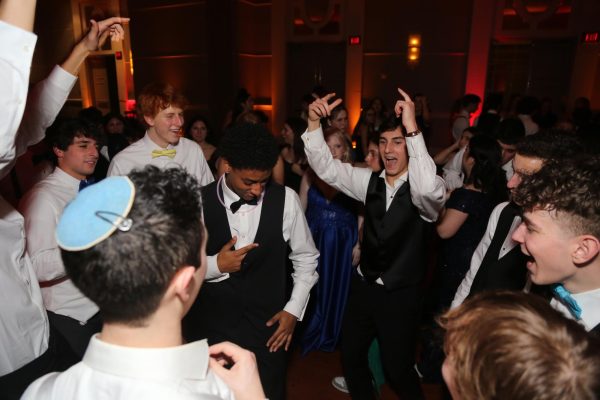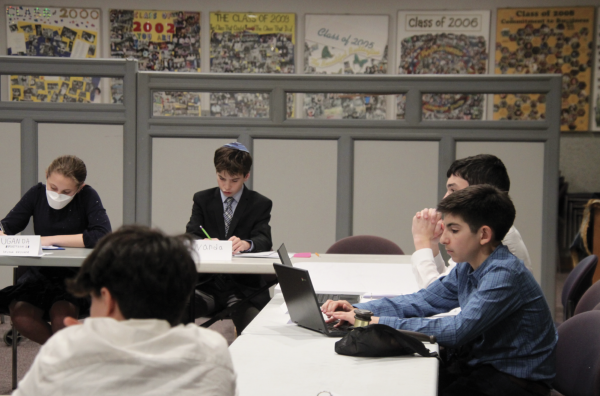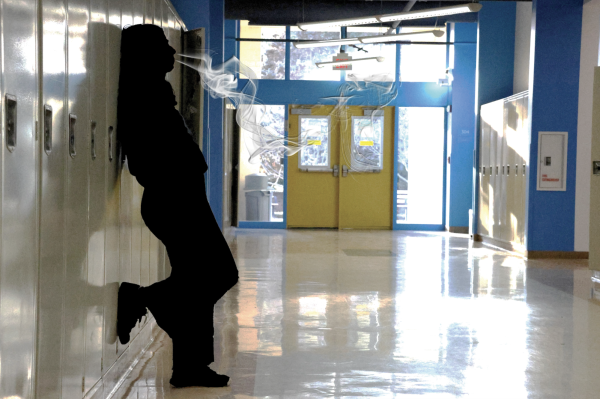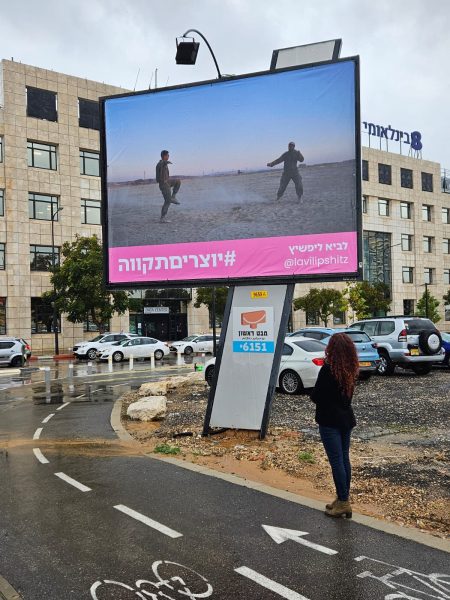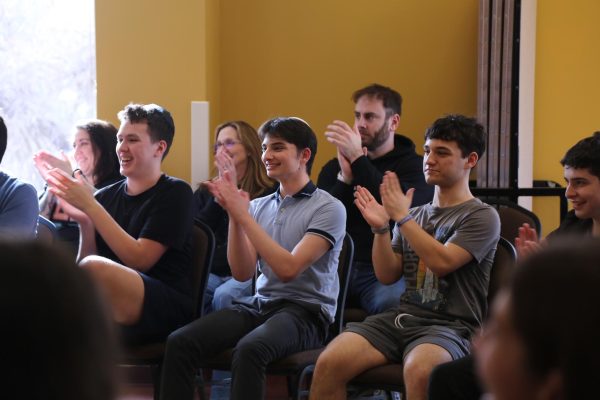Juniors participate in ‘Inside College Admissions’ program
June 1, 2016
On May 18, the junior class participated in the second-ever Inside College Admissions program, organized by the College Guidance department. The program was led by admissions officers from 15 different colleges from across the country.
The college representatives spoke to the juniors and their parents about what to look for during the admissions process. There were three separate sessions: a panel discussion with the juniors and their parents, a mock admissions program and two concurrent panels, one for parents and one for students.
Director of College Guidance Sue Rexford said that the purpose of the panels was to let students hear directly from colleges about the admissions process. Rexford thought that this new perspective was what made the program so successful last year, and she has heard from over a dozen students that they thought it went very well this year too.
“We could have stood up there and given the same program, but because it’s from college people, it has more [validity,]” Rexford said.
In the second activity, groups of five to six students and their parents worked with one of the college representatives on a mock application review. In the exercise, students and parents were presented with three different student applications to a fictitious university and had to choose one applicant to accept, one to wait-list and one to deny.
Junior Avital Krifcher found part of the mock application session very stressful because when she saw that she had similar test scores to one of the applicants, the college process felt much more real for her. Despite this stress, she thought that seeing the opposite side of the college process was a very helpful point of view.
“I didn’t realize how in-depth an actual Common Application is because we got a 20-page packet and I [hadn’t] realized how much information there was,” Krifcher said.
One part of the application that stood out to Krifcher was the personal statement, as the junior class had just finished a unit in English class devoted to writing their own statements in preparation for the college process. Because she already knew the basics of writing a personal statement, that part of the mock application was easier for her to evaluate.
Junior Aaron Weiss also believes that reviewing the sample applications was a beneficial experience, because he saw firsthand how admissions officers look through applications. Weiss had originally thought that officers spent around 30 minutes on each application and was surprised that it is actually closer to ten minutes per applicant.
Despite the limited amount of time that admissions officers spend on each student, Weiss did not feel that this new information raised his anxiety for the college process. During his mock session, he and two students in his group shifted away from the activity and began discussing their future application process. Instead of feeling a greater sense of competition between each other, even though they had just been comparing students, they felt a greater sense of camaraderie with one another.
“We’re not gonna really talk about how we want to beat our friends or something,” Weiss said. “I think we’re just all in this together.”


